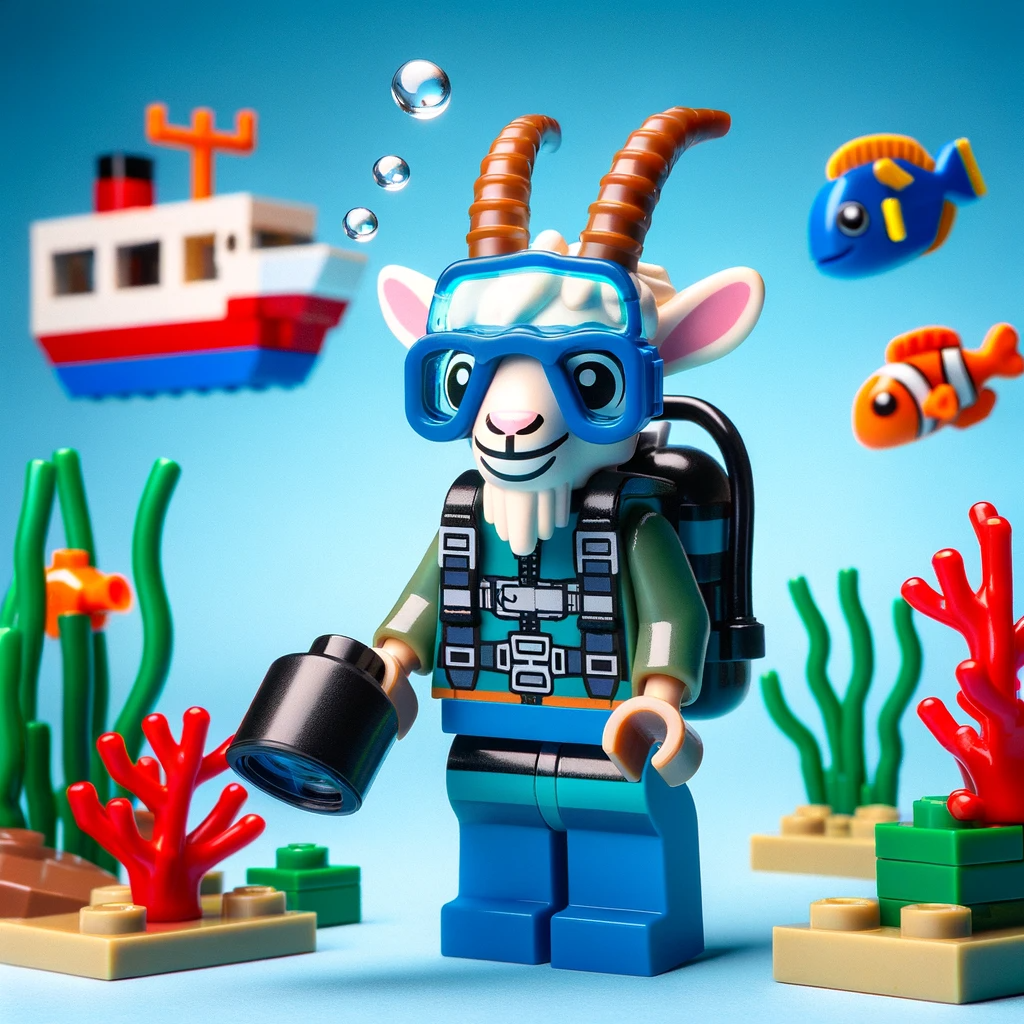Overview
Marine biology is a compelling and critical scientific field focusing on the study of organisms in the ocean and other saltwater environments. Marine biologists explore the complex and mysterious life forms of the sea, from the tiniest plankton to the largest whales, understanding their behaviors, genetics, and ecosystems.
Current Outlook
The future for marine biologists is bright and expanding, driven by global concerns over climate change, ocean health, and biodiversity. As humanity seeks to mitigate environmental impacts and preserve marine ecosystems, the demand for marine biologists’ insights and expertise is on the rise.
Salaries by Major Metro Area
- San Francisco, CA: $80,000 – $130,000
- Boston, MA: $75,000 – $125,000
- San Diego, CA: $73,000 – $120,000
- Seattle, WA: $70,000 – $115,000
- Miami, FL: $68,000 – $110,000
- Honolulu, HI: $66,000 – $108,000
- New York, NY: $65,000 – $105,000
- Los Angeles, CA: $63,000 – $103,000
- Chicago, IL: $60,000 – $100,000
- Houston, TX: $58,000 – $98,000
Occupation FAQ
A bachelor’s degree in marine biology or a related field is essential, with advanced degrees (Master’s or Ph.D.) preferred for research and academic positions.
Activities can range from fieldwork and specimen collection to lab research, data analysis, and publishing findings.
While many work near coasts and oceans, some roles in academia, government, or research can be inland, focusing on marine data analysis, policy development, or educational outreach.
Challenges include climate change impacts on marine ecosystems, overfishing, habitat destruction, and securing funding for research.
Yes, opportunities exist in environmental consulting, aquaculture, pharmaceuticals, and biotechnology firms focusing on marine resources.
Pros and Cons
Pros:
- Contributing to the conservation of marine ecosystems.
- Engaging in diverse and exciting research opportunities.
- Potential for travel and exploration of remote marine environments.
- Interdisciplinary work across biology, ecology, chemistry, and physics.
- Growing importance in global environmental strategies.
Cons:
- Fieldwork can be physically demanding and sometimes hazardous.
- Competitive field with potentially limited positions in research and academia.
- Requires advanced education, which can be time-consuming and costly.
- Research funding can be challenging to secure.
- Work can involve long hours, including nights and weekends, especially during field expeditions.
How to Find Work
- Websites: Science Careers, Ocean Careers, Indeed, EcoJobs, Conservation Job Board.
- Companies and Organizations: NOAA, Scripps Institution of Oceanography, Woods Hole Oceanographic Institution, Marine Conservation Society, Ocean Conservancy.
Famous People in Marine Biology
- Sylvia Earle: An oceanographer, explorer, and author known for her research on marine algae and deep-sea exploration.
- Jacques Cousteau: A pioneering marine explorer, filmmaker, and conservationist who developed the Aqua-Lung.
- Rachel Carson: A marine biologist and conservationist whose book “Silent Spring” was instrumental in advancing the global environmental movement.
- Eugenie Clark: A respected ichthyologist known for her shark research and founding the Mote Marine Laboratory.
- David Attenborough: While primarily a broadcaster and naturalist, his documentaries have significantly contributed to the public’s understanding of marine biology.
Well-Known Companies and Institutions
- National Oceanic and Atmospheric Administration (NOAA)
- Woods Hole Oceanographic Institution
- Scripps Institution of Oceanography
- Marine Conservation Society
- Ocean Conservancy
Similar Occupations
- Oceanographer – Studies the physical and chemical properties of oceans.
- Environmental Scientist – Focuses on protecting the environment and human health.
- Wildlife Biologist – Studies animals and their ecosystems.
- Ecologist – Examines ecosystems and the interactions of organisms within them.
- Conservation Scientist – Works to protect natural resources and habitats.
Summary
Marine biology is a fascinating and vital field that merges the passion for oceanic exploration with the critical need for environmental conservation. As the guardians of the world’s oceans, marine biologists play a pivotal role in understanding and protecting marine life and habitats, ensuring the health and sustainability of these crucial ecosystems for future generations.
Written by Jacob Peebles with support from EmployGPT
